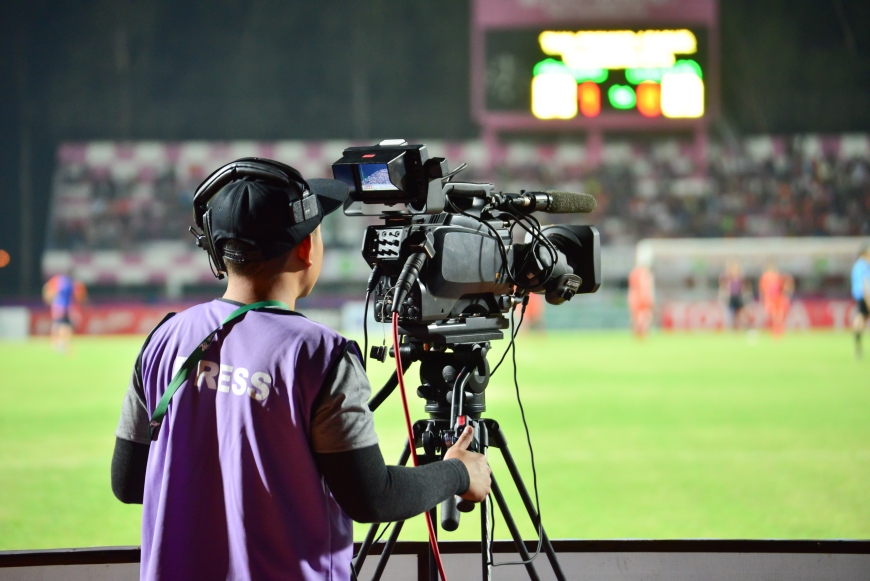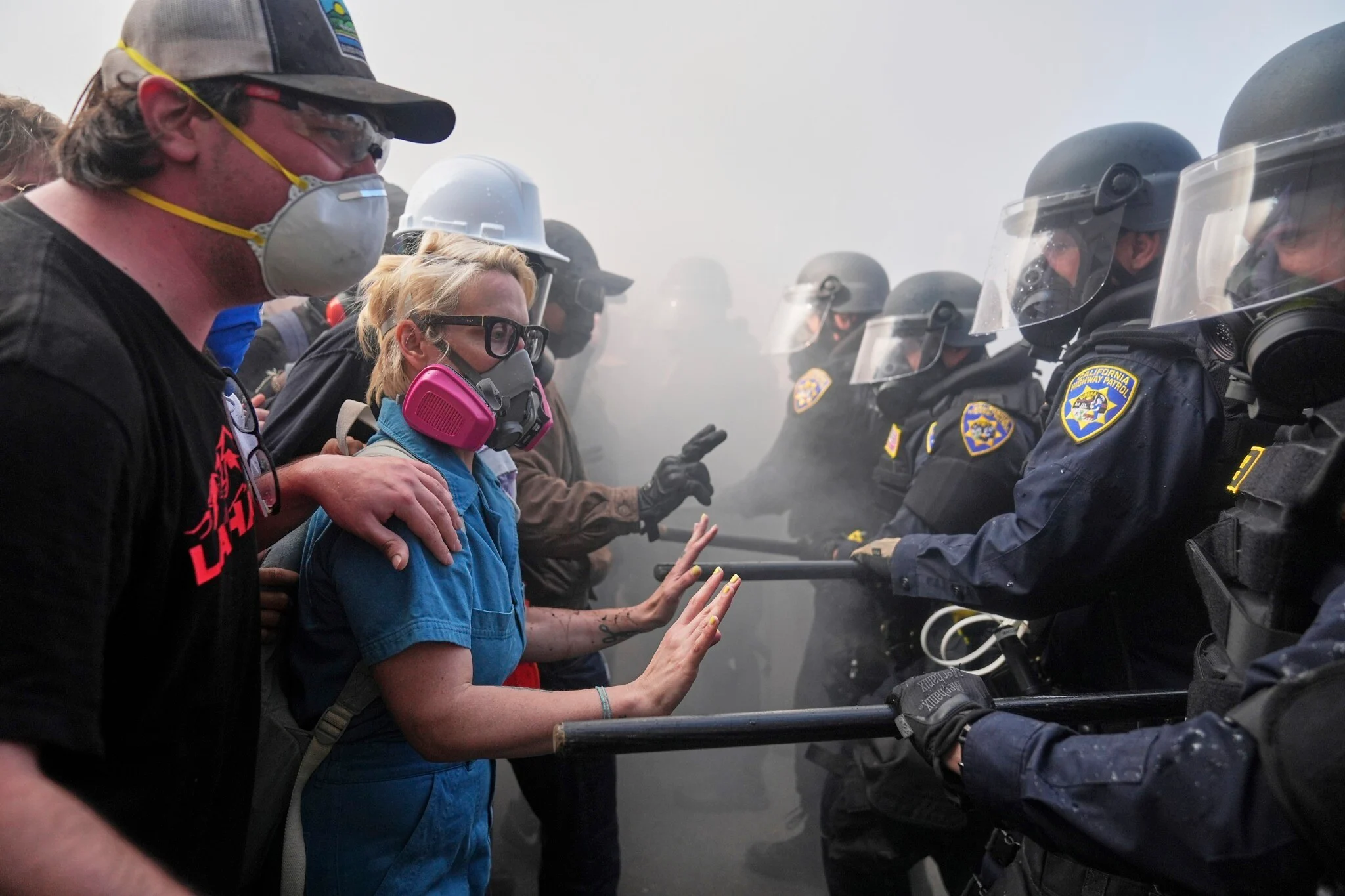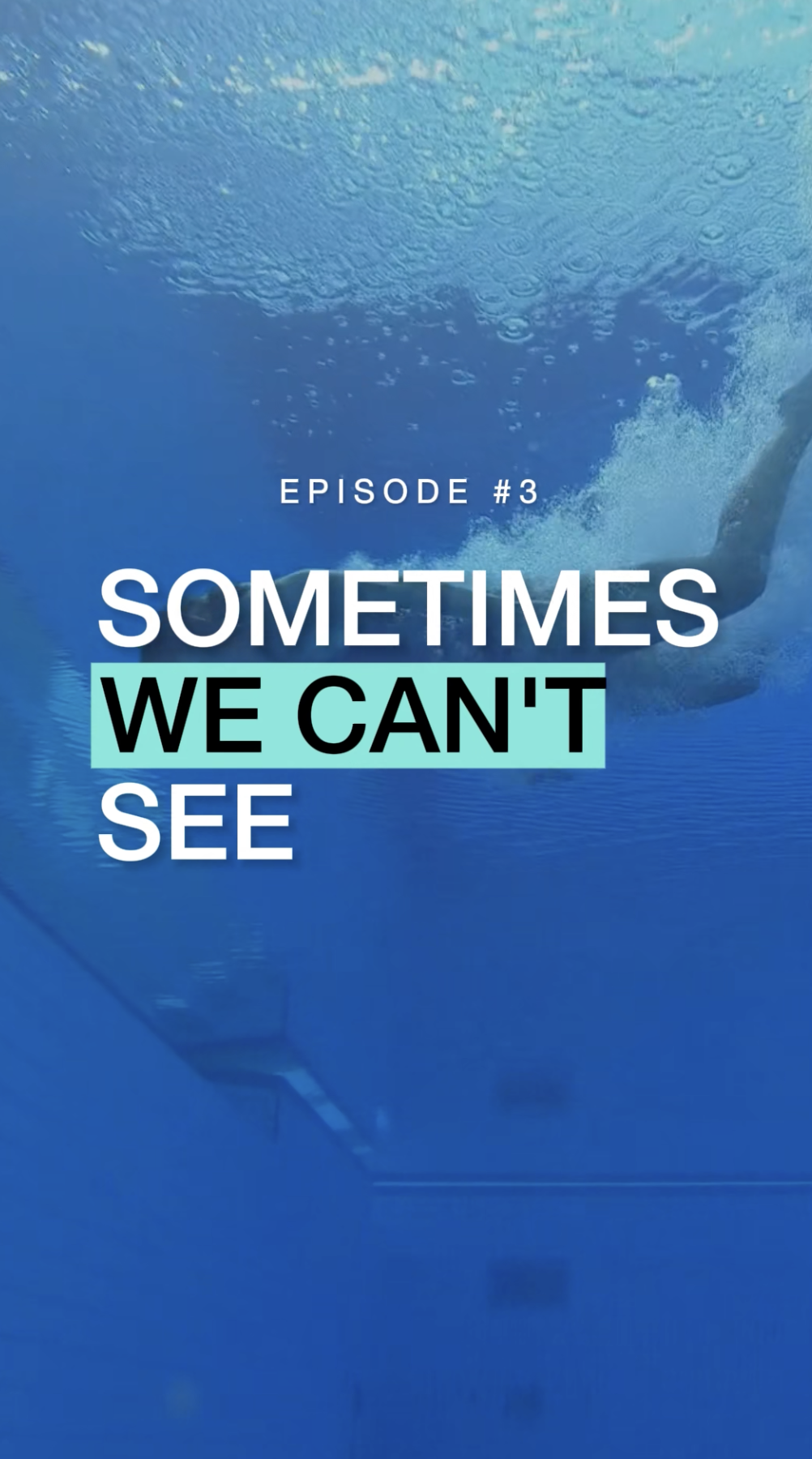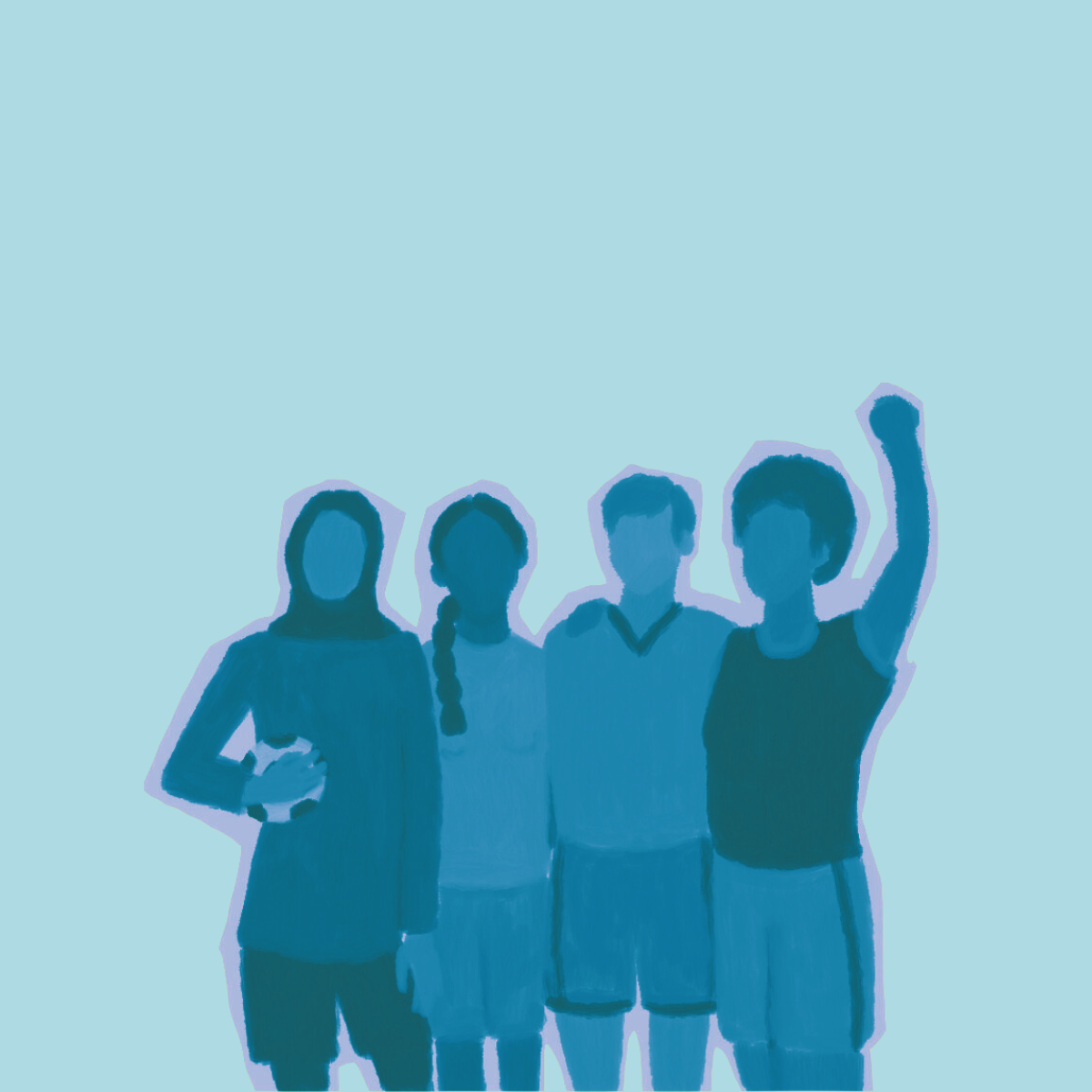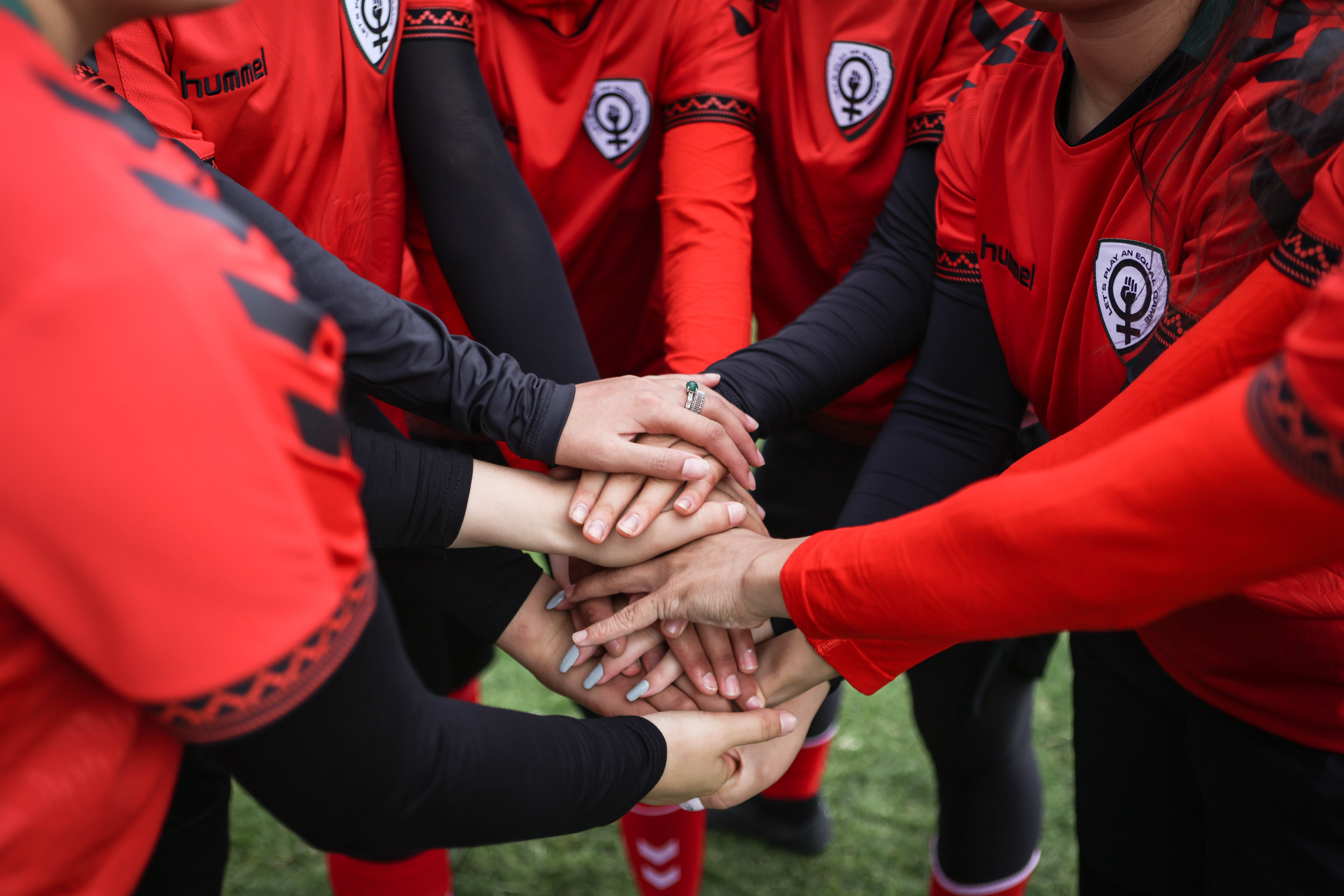Dr. Thomas Bach President IOC
Av Général-Guisan
70 1009 Pully
Switzerland
cc. Kit McConnell
IOC Sports Director
Switzerland
cc. Kirsty Coventry
Chair of the IOC Athletes Commission
Zimbabwe
cc. Sarah Walker
IOC Athletes Commission member and Chair of the Steering Committee for the Athletes Charter of Rights and Responsibilities
New Zealand
Dear President Bach,
When the Sport and Rights Alliance last met with you in November 2017, we again raised the importance of the IOC adopting a comprehensive approach to embedding internationally-recognised human rights within its operations and business relationships. As part of this discussion, we affirmed the need to ensure that athletes are central in the IOC’s efforts to uphold its responsibility to respect human rights, and explained why we believe that the IOC should take up and adhere to the UN Guiding Principles on Business and Human Rights (UNGPs) across all of its operations.
Since that meeting, the SRA has continued to monitor and engage with the IOC’s emergent work to implement the UNGPs framework. Given that this work is still taking shape, we are concerned by reports that the IOC, both directly and through the IOC Athletes’ Commission, has separately forged ahead with an effort to develop a document it has termed an “Athletes Charter of Rights and Responsibilities”, which may be adopted as soon as this week at the 133rd IOC Session in Buenos Aires. We understand that the document is intended to affect all athletes who are a part of the Olympic Movement.
Should the document seek to articulate the rights and responsibilities of athletes without the 10C first putting in place a comprehensive human rights policy and undertaking a human rights impact assessment of its operations and business relationships, it is likely to get things wrong. It is likely to mischaracterize or ignore certain rights or fail to address important aspects or concerns, rather than properly advance the fundamental rights of athletes—those that they inherently hold as people and which are clearly expressed in the International Bill of Human Rights and the International Labour Organization’s Declaration on Fundamental Principles and Rights at Work.
Given the IOC’s status under the Olympic Charter as the supreme authority of the Olympic Movement, it is important that a document referring to the rights of athletes in formal IOC decisions get things right the first time. This requires that it be based on a more deliberative process than has been followed to date. It means first consulting with human rights experts to ensure it is consistent with internationally-recognised standards and norms; and engaging much more systematically with affected individuals, their legitimate representatives, and other key stakeholders, both internal and external, to build the credibility, legitimacy, and effectiveness of the document.
The work that has been conducted by the IOC, including a limited athletes’ survey, cannot fulfill the requirements of meaningful consultation nor fully inform the IOC of the salient human rights risks confronting athletes. The IOC has a responsibility to respect human rights, and to address potential and actual human rights harms connected to its own activities or linked to its business relationships.
We are of the view that it is essential that the IOC delay the adoption of any charter of athlete rights and instead prioritize implementing the UNGPs framework, consisting of making a human rights policy commitment, conducting continuous human rights due diligence, and putting in place processes to enable the remediation of any adverse human rights impacts the IOC may cause or to which it may contribute.
As this framework crystallizes, it will better enable the IOC to understand the salient human rights risks that a charter of athlete rights is designed to address and to effectively use its leverage to prevent and mitigate such harms. It is critical that this effort be closely connected with both the IOC’s internal human rights assessment and the broader multi-stakeholder effort within the field of sport and human rights.
Please consider the Sport and Rights Alliance a resource in the IOC’s implementation of its responsibility to respect human rights, including the development of a charter of athlete rights. Such a document has the potential to greatly impact athletes in a positive way, so long as the content affirms existing human rights, the process is inclusive, and the outcome is one which allows athletes to pursue their dreams to be Olympians without having to confront human rights abuse of any kind.
Sincerely,
Sport and Rights Alliance
Emine Bozkurt Amnesty International — Netherlands
Martin Endemann Football Supporters Europe
Minky Worden Human Rights Watch
Tim Noonan International Trade Union Confederation
Marianne Meier Terre des Hommes
Sylvia Schenk Transparency International — Germany
Brendan Schwab World Players Association, UNI Global Union
